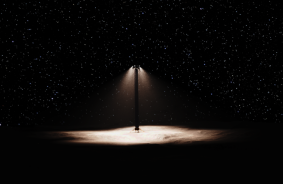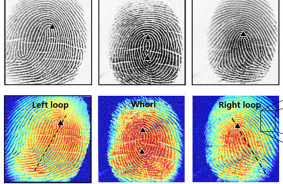The risk of developing dementia may increase with age if an individual does not get enough slow-wave (deep) sleep. A 2023 study indicated that for individuals over 60, the likelihood of developing dementia rises by 27% with a loss of just 1% of deep sleep each year.
Slow-wave sleep is the third stage of a 90-minute sleep cycle, lasting around 20-40 minutes. It is the most restorative phase, during which brain waves and heart rate slow down, and blood pressure decreases.
Deep sleep strengthens muscles, bones, and the immune system, preparing the brain for absorbing new information. Recent research has shown that individuals exhibiting signs of brain changes related to Alzheimer's disease performed better on memory tests if they experienced more slow-wave sleep.
“Slow-wave sleep supports the aging brain and helps clear metabolic waste, including proteins that accumulate with Alzheimer's disease,” noted neurobiologist Matthew Pace from Monash University in Australia.
Pace and his colleagues from Australia, Canada, and the USA analyzed data from 346 participants in the Framingham Heart Study, who underwent two overnight sleep studies during periods from 1995 to 1998 and from 2001 to 2003 with a 5-year gap.
This sample, free of dementia signs at the time of the 2001-2003 study and older than 60 by 2020, allowed researchers to trace the connection between changes in deep sleep and the risk of dementia, tracking participants until 2018.
“We used this data to explore how slow-wave sleep changed with age and whether changes in its level were linked to the risk of dementia in later life up to 17 years later,” Pace explained.
Over the 17 years of observation, 52 cases of dementia were recorded among participants. The level of deep sleep in these participants was also compared with dementia occurrences.
It was found that the level of slow-wave sleep begins to decline with age after 60, reaching peak losses between the ages of 75 and 80, and then stabilizing.
Comparing data from the first and second studies, scientists discovered that each 1% decrease in deep sleep each year was associated with a 27% increase in the risk of developing dementia. This risk rose to 32% when focusing specifically on Alzheimer's disease, the most common form of dementia.
The study also links low levels of deep sleep to a higher risk of cardiovascular diseases, medication use affecting sleep, and the presence of the APOE ε4 gene associated with Alzheimer's disease.
While these are clear connections, the authors caution that this type of study does not prove that the loss of deep sleep causes dementia. It is possible that processes related to dementia could impair sleep quality. Further research is needed for a complete understanding of these factors.
Source: sciencealert














Comments (0)
There are no comments for now